Rotary DIP Switch - 16 Position
Rotary switches are nice for being able to select up to 16 different states in a small package. With only 6 pins (2 of which are common), you can select 16 positions. The switch is breadboard compatible and has a nice solid feel to it.
- Datasheet (94HBB16T )
Rotary DIP Switch - 16 Position Product Help and Resources
Button and Switch Basics
May 7, 2013
A tutorial on electronics' most overlooked and underappreciated component: the switch! Here we explain the difference between momentary and maintained switches and what all those acronyms (NO, NC, SPDT, SPST, ...) stand for.
Core Skill: Soldering
This skill defines how difficult the soldering is on a particular product. It might be a couple simple solder joints, or require special reflow tools.
Skill Level: Noob - Some basic soldering is required, but it is limited to a just a few pins, basic through-hole soldering, and couple (if any) polarized components. A basic soldering iron is all you should need.
See all skill levels
Core Skill: Electrical Prototyping
If it requires power, you need to know how much, what all the pins do, and how to hook it up. You may need to reference datasheets, schematics, and know the ins and outs of electronics.
Skill Level: Competent - You will be required to reference a datasheet or schematic to know how to use a component. Your knowledge of a datasheet will only require basic features like power requirements, pinouts, or communications type. Also, you may need a power supply that?s greater than 12V or more than 1A worth of current.
See all skill levels
Comments
Looking for answers to technical questions?
We welcome your comments and suggestions below. However, if you are looking for solutions to technical questions please see our Technical Assistance page.
Customer Reviews
5 out of 5
Based on 1 ratings:
Easy to use and good quality
They hold their position well (if you are planning on adjusting these frequently, the optional knobs are a lifesaver - otherwise, a small flathead screwdriver works well) and haven't worn out yet. What more can you ask for?

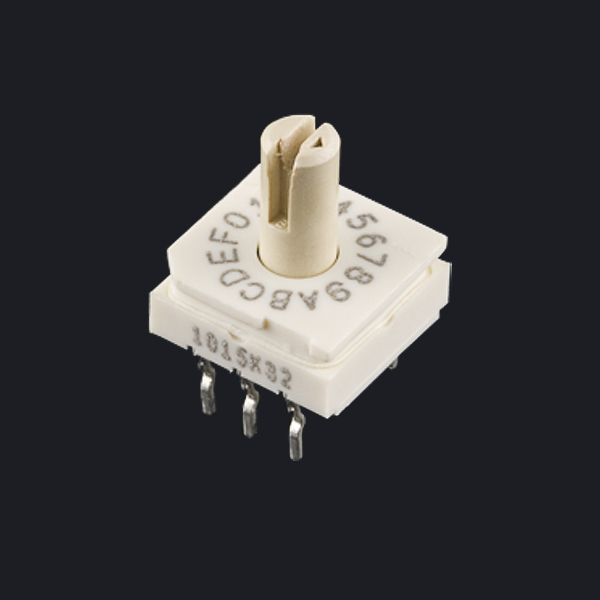
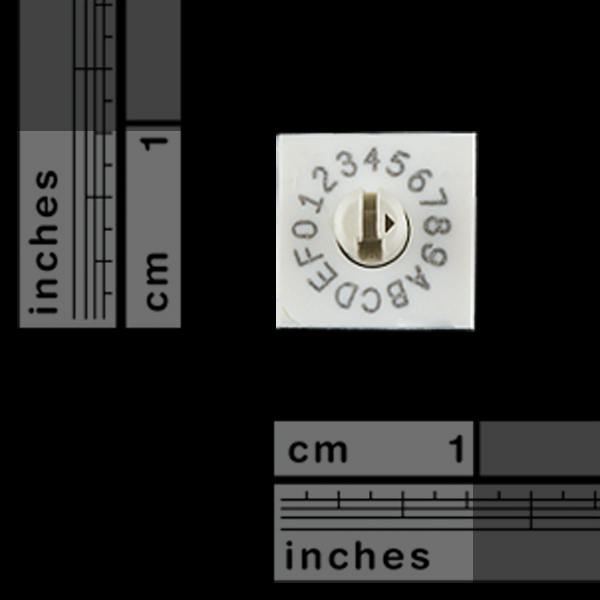
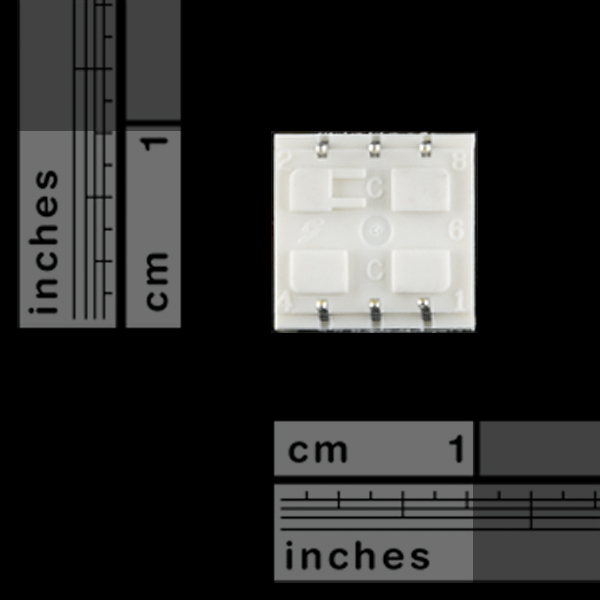
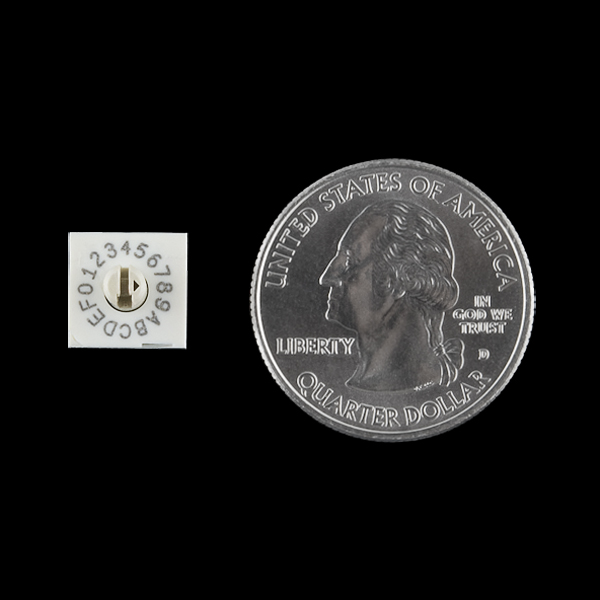
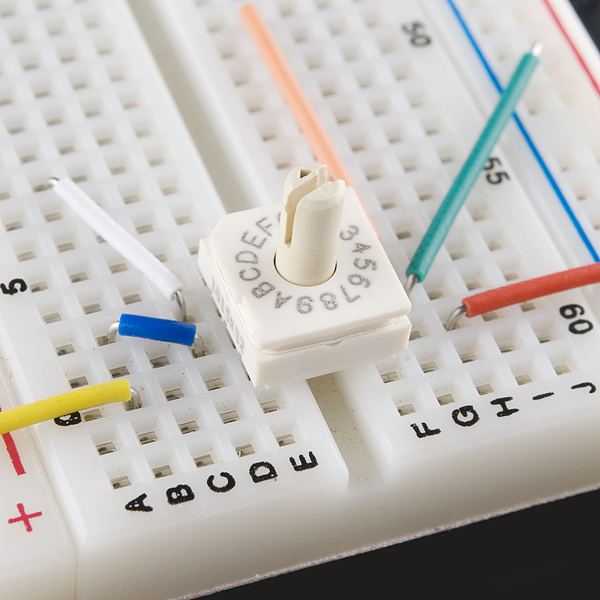
Anybody know where to find an eagle library for this?
Any tutorial of how to use it in Arduino?
The datasheet mentions 8 and 10 position versions as well. Any chance you'll be offering the 10 position anytime soon?
Can you guys get the 8 position versions as well? And did you source the knobs that go with these switches?
is it me or are they using the Comic Sans font on the switch?!!!!
That looks too bad to be true (checks) (eyes start bleeding)
Are these switches bi-directional? Meaning, if it is at position 1, and I turn it right to position 2, can I then turn it left again back to position 1? Lamp rotary switches for instance, have a ratcheting mechanism and only work one way. Do these operate in the first or second way?
yes, they are bi-directional, you can turn them either way.
Look at what i did with this switch, i replaced the dip switch on a RC302 2.4ghz video rx. http://www.youtube.com/watch?v=I1jaoCAT7Hk
et voila, dip switch! I see that the original was a regular (bank) dip switch assembly - this certainly does look a lot more convenient if you have to change channels often :)
This is a standard rotary switch - versus a complement. The truth table for the complement is the inverse of the standard. Complement rotary switch models have a different color rotor. Check the datasheet.
Is this a switch or a Grey code encoder?
Note that these are slightly difficult to turn without a knob.
I got some of these thinking of replacing the potentiometer inside a standard servo and convert it to continuous rotation, using the switch as a rotary encoder. Unfortunately it doesn't work as I expected, they are too hard to turn.
Are these continuous rotation, like a rotary encoder, or they have limiters on each end?
Good question, it's continuous.
Hey, is this the kind that clicks (like a position selector) ou slides (like an infinite volume key?)
They click.
Anyone know where to get one of these that slides?
Do you plan to carry the knobs for these switches?
Good question. I just saw them in the datasheet. I'll try to get some on order.